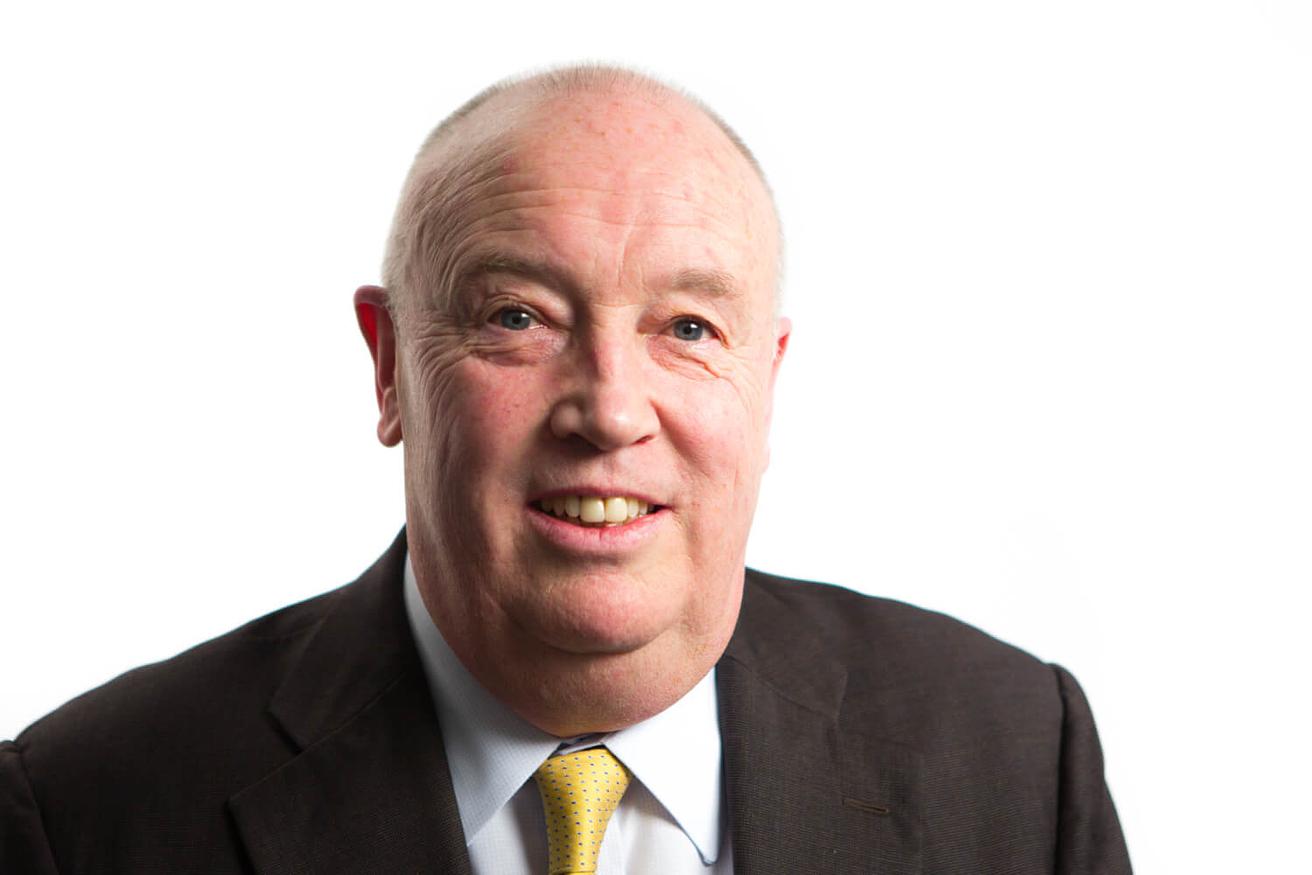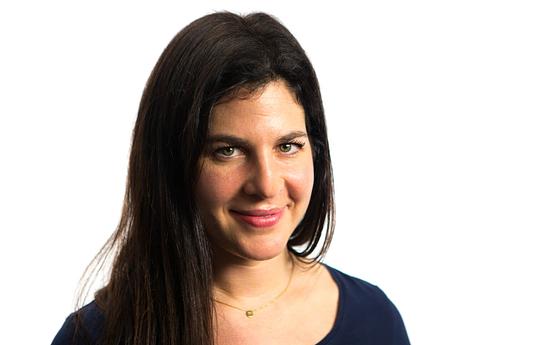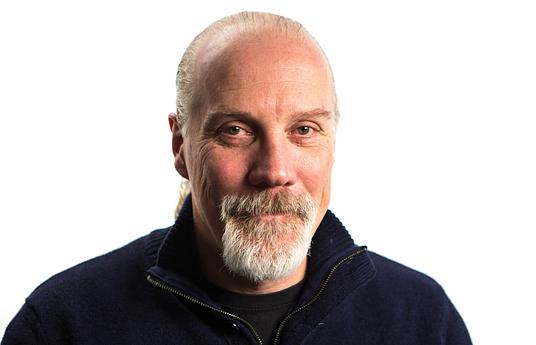Introduction
Mick Walker is Trustee and Fellow of the Chartered Institute of Educational Assessors. He taught in secondary and further education for 18 years.
A former Executive Director of Education at the Qualifications and Curriculum Development Agency, Mick was accountable for National Curriculum assessments between 2008 and 2011 and was previously responsible for monitoring awarding bodies covering general and academic qualifications in England.
Having worked in the education sector for over 40 years, Mick is currently an adviser to the UK Department for Education and is undertaking a PhD at the University of Leeds, researching trust in teacher assessment.
Skills
Is education preparing children for the 21st century?
I’m not totally sure it is, because I think one of the problems we have is defining what the needs of the 21st century are. It always intrigues me when educating children now we’ll go beyond the 21st century to the 22nd century. I often look back 100 years ago to look at the kind of debates that people were having then. As we look forward, there is so much that is yet to happen that we can’t even dream about.
So in terms of trying to work out what the skills are going forward it’s a difficult job, actually. The education system does prepare people for the world in a broad sense. I’ve spoken to a lot of people from industry and commerce. I’m not even certain they are totally sure what they are looking for. When you speak to them you get slightly different nuanced messages depending on the industry they actually come from. But I think in terms of skill it’s a difficult thing to prepare the youngsters for a specific job, so we’ve got to give them a broad and a balanced education. Give them good knowledge and some basis to work from. But I think the main thing we’ve got to give our youngsters going forward is just this joy of learning, of wanting to learn, to develop and take on whatever life throws at them as we move forward.
Teachers
What is the role of the teacher?
I think that’s crucial, absolutely crucial. Looking back at my time at school the things that really pushed me on and empowered me is coming across good teachers, teachers who love what they do, people who are really interested in a subject or enjoy working with young people and want to see them develop. So the role of the teacher is there to impart knowledge and, again, that’s the kind of traditional model, but as we move forward a lot of that’s changing. We’ve got technology, we’ve got access from our homes to masses and masses of knowledge that everybody knows these days, so the role of the teacher is slightly different.
But mass schooling when you look at it hasn’t changed an awful lot in essence. You still walk into a school and it’s still kind of recognizable from the schools that were there fifty years ago. Desks lined up, rooms, hallways, but the teacher really is the one who hopefully instills and guides the learning, but becomes a partner with the kids as well.
I think one of those things that always struck me when I was teaching was that I could learn as much, or even more, from the kids than I actually gave them, so this kind of partnership is important. I think the real role of the teacher is to instill and to bring this joy of learning and to encourage and to empower people to move forward.
Assessment
What are your views on PISA?
I’ve got mixed views. On the one hand, what it’s doing in a purer sense is quite fine. It’s looking at people around a certain age, looking at a number of subjects, doing common tests in those subjects and it does tell us something. It does give us some comparisons.
When it does get out of hand is when people then start to judge an education system on the back of those results. It’s interesting if you look at assessment in particular, the purposes of assessment, what is it you’re trying to achieve? One of the worries I have about assessment is that there’s one simple test and from that people extrapolate into all sorts of things about the worth of a system.
I don’t think it tells us much about the system. It doesn’t tell whether the children are happy in Singapore or Finland or wherever. It doesn’t show us whether there’s that love for learning. It just means I can compare how they did on a particular test on a particular day, so it’s limited. I think it’s overused and often abused by people to put forward arguments.
Environments
What would be the most exciting learning environment?
That’s an interesting one. I remember in a school years ago I walked into a classroom where the teacher was talking, this was a geography lesson I think, and the teacher was talking about cows, herds of cows, and they were looking at pictures of cows on the board. And what intrigued me was that if you looked out of the window you could see fields and cows. It always strikes me that it’s kind of an odd thing that we put people into these rooms, some of them are quite dull as well when you look at the teaching areas, and then we are talking about all these things that are outside that are so interesting and so rich. It would be good if we got out more, putting it simply, and actually use the environment. I know it’s difficult when you’ve got thirty kids, a classroom of youngsters, but it just takes some organizing.
I think we’ve got to think differently about what the classroom could look like, what schools could look like. We’re very based on this traditional model that we’ve had for many years which kind of works in a mass education system, but I think it’s a challenge to bring reality, life and zest into the classroom and use the local environment. We can connect with technology better than ever before across the world. We’ve had students in the last two weeks talking to astronauts. These are very exciting things and it’s kind of a challenge for us to bring that life into the school environment.
Leadership
What role do you think government should play in education?
It’s an interesting debate on what government does and should do in schools and in schooling. I think they’ve got to make sure that the infrastructure works, that the facility is there for an education system to flourish and to make sure there are resources. Where I do worry a little bit is when ministers in particular get too involved with the real details in subject content, if you like. I think there are dangers in government’s meddling with content. Their job really is to make sure that the system does flourish, that we’ve got a good supply of teachers, that we’ve got a good economy that allows us to put money into education.
There’s a fine line between doing that and getting too involved in what the actual knowledge base should be. We don’t want these kind of totalitarian states that assert what we should teach and what we should not. We need some kind of freedom and good public debate about that. The content should belong to society, to all of us. We should all have a role to play in what we want our young people to learn and in how we want them to develop. Government should be there to support that.
Personal memory
What was your favourite moment in your own education?
The first three to four years at school. I spent most of that time running away from school, quite literally running away, up to the point where my mum would have to come to the school gates and stand there at breaktime and lunchtime, because if she wasn’t there I used to run away from the school. I don’t know where I was going, I hadn’t a clue, I just wanted to get out of the place.
I think what turned me around was coming across a bunch of teachers who became a kind of an inspiration, became people who were not authoritarian, I don’t know what my feeling was exactly. I’d like to think more about that, it was coming across teachers who clearly enjoyed what they were doing, enjoyed the subject, talked about things I hadn’t seen, worlds I hadn’t experienced.
One of my geography teachers was called Bernard O’Hara, an Irishman, a very bright man who had such a love for his subject. I could sit and listen to him for hours and hours. I would hang on his every word and it was just simple, because he was knowledgeable and interested and he could read us as students. He knew what took us forward and how to engage with us. So, I think coming across people like Bernard and others made me think, this is not a bad way to spend your days, learning from other people. It’s kind of a joy.
The next 100 years
The next 100 years of Finnish education should… be better than the last 100 years I would guess. I’m sure it will be. One of the intriguing things about the next 100 years is that there’s so much that we don’t know and so many challenges, the young people have so many challenges. We’ve got masses of people moving around the world, we’ve got technology and IT in the world.
We’re spending more time speaking to one another, learning from one another, so Finland hasn’t got a nice little border around it anymore, discreet and separate. You’ve got education tourists going to Finland all the time, because of PISA or whatever else and I think what we need in the future is to develop that so that we can learn from each other, to pick out things that actually work in other countries.
There are dangers in that people tend to cherry pick without thinking about the culture, the way that those systems and countries operate. Finland clearly has a good system that works which means a lot of changes. Finland is only 100 years old as a recognized country, so you just think another 100 years, what might happen? We don’t know what’s out there, but what Finnish education needs to be in my view is one that continues to develop, continues to learn, to embrace the global community that we learn and share from one another.
I am hoping that in the next 100 years as we are now learning from Finland, that Finland can learn something from the system in England, that we can share that. So I think the next 100 years will be probably better than the last. Things are going quite well in education in terms of the international scores and PISA. I think things will get better and things will develop. It’s a tremendously exciting future that we have there.


